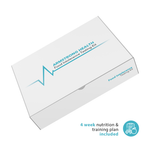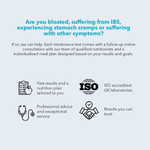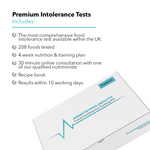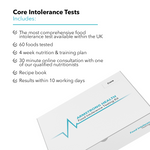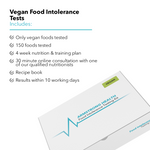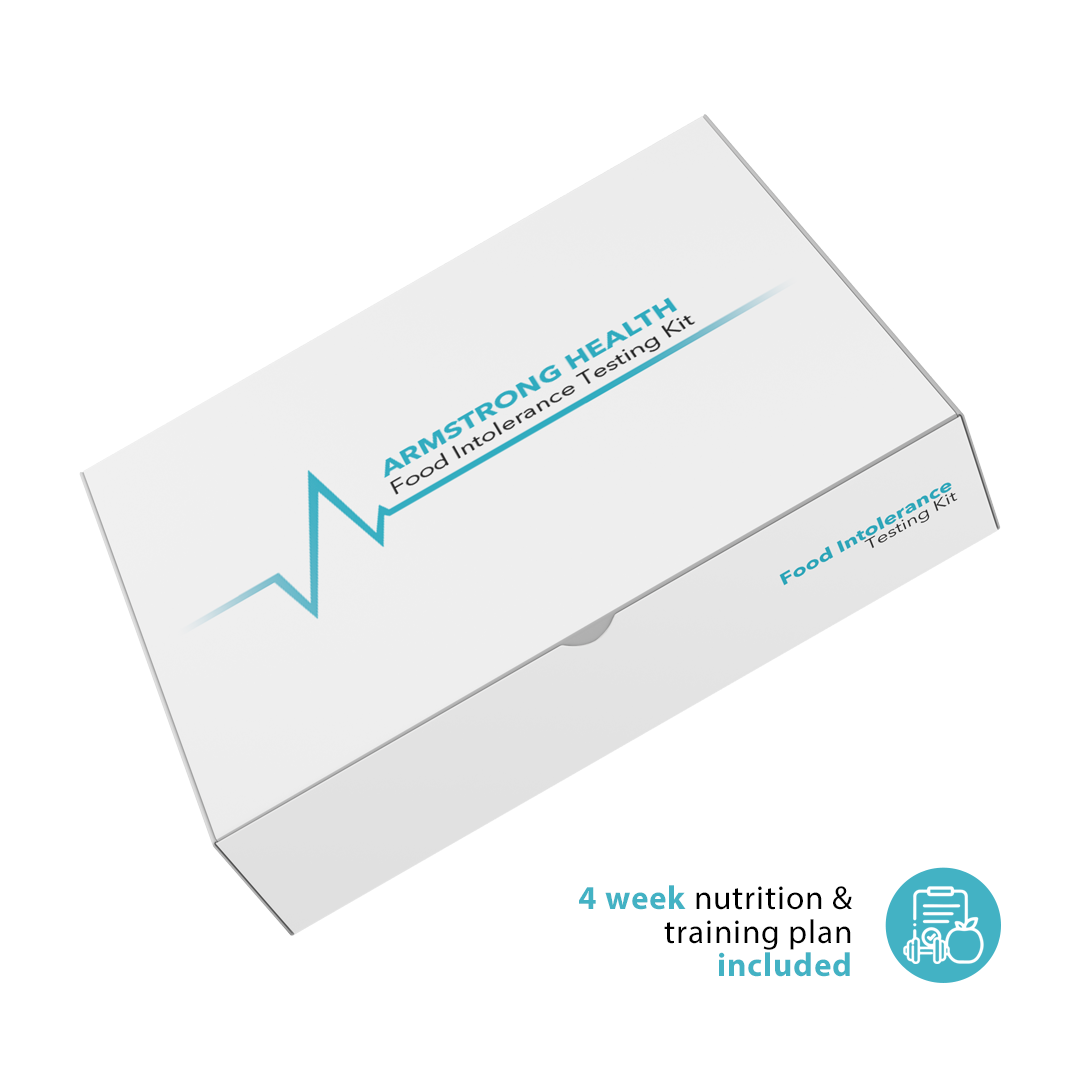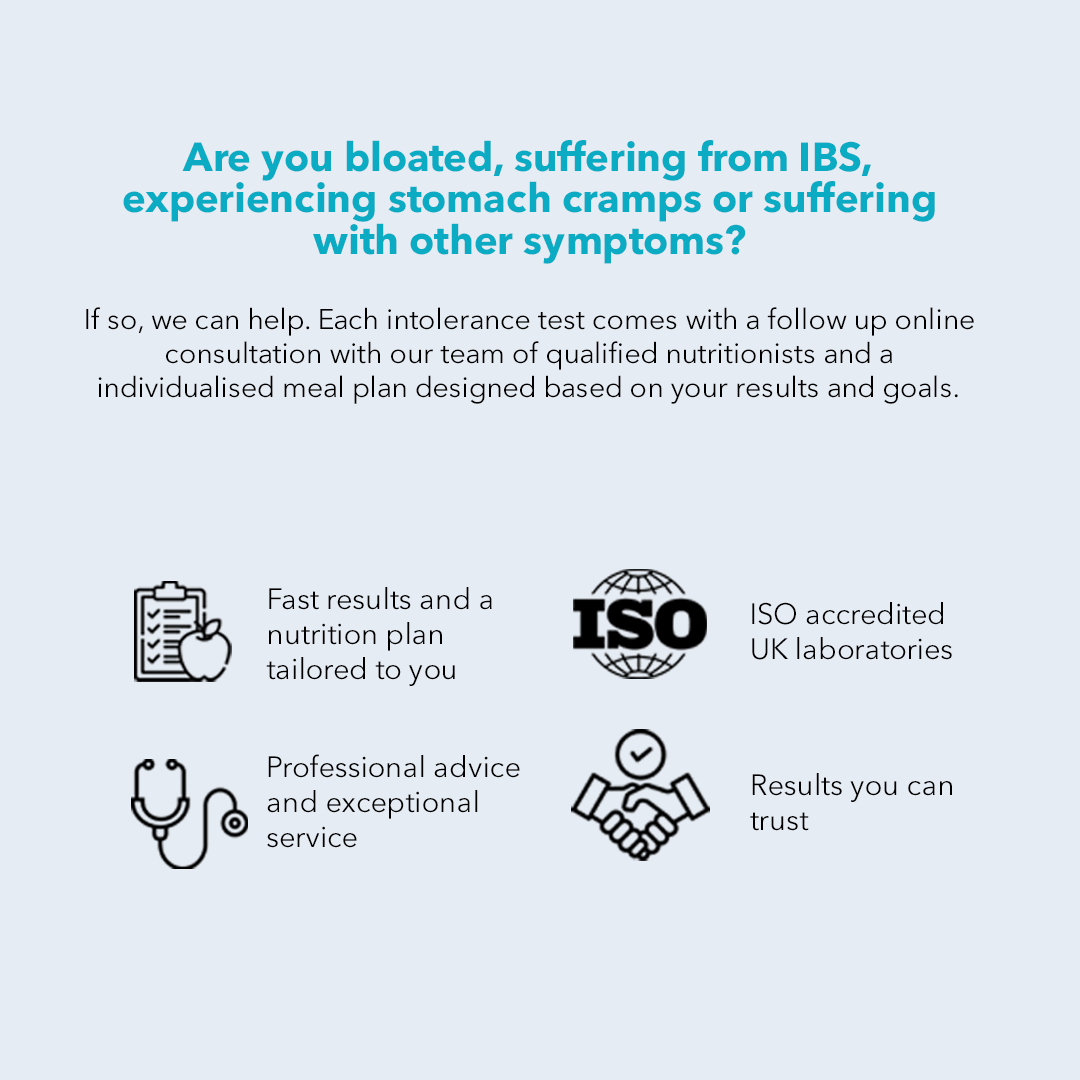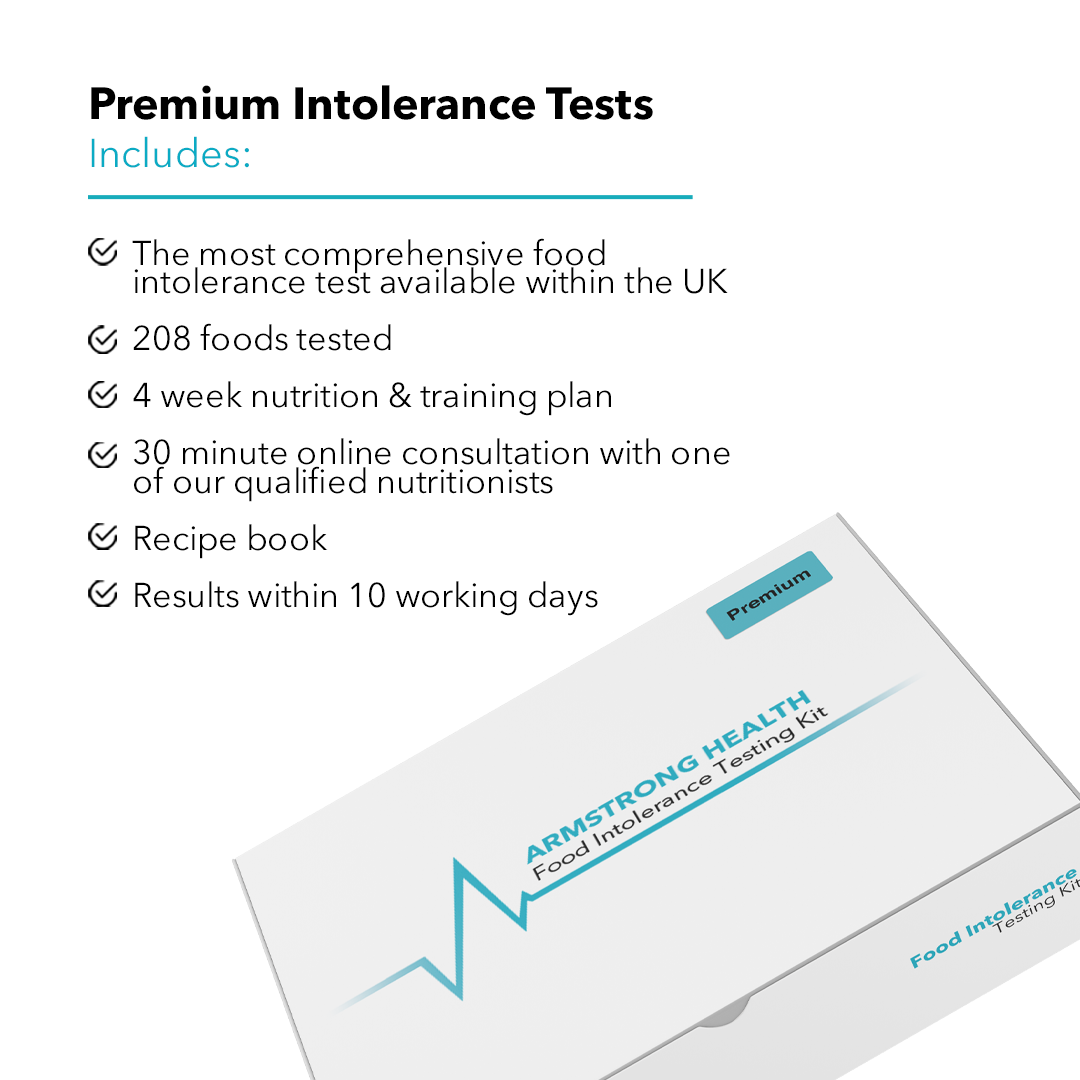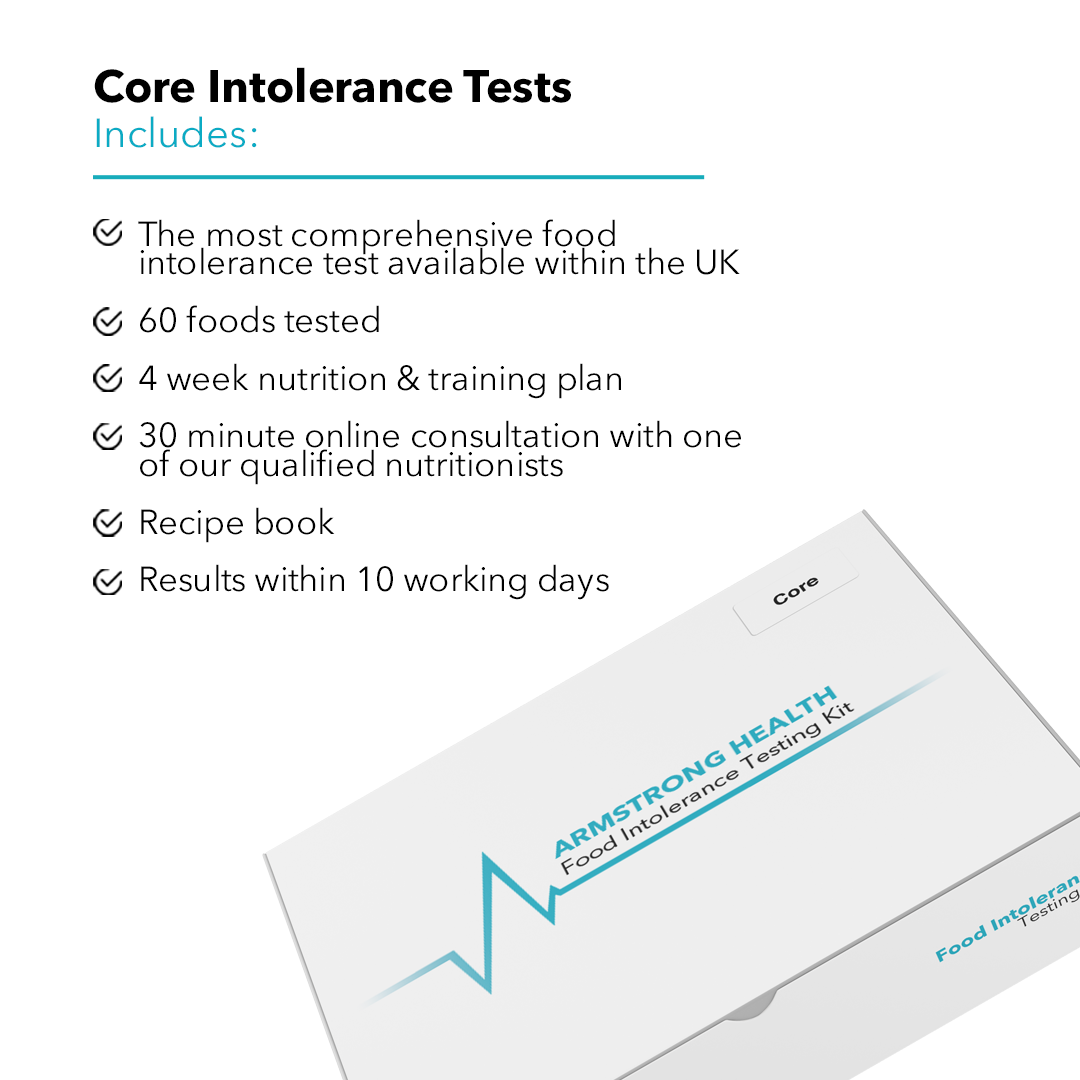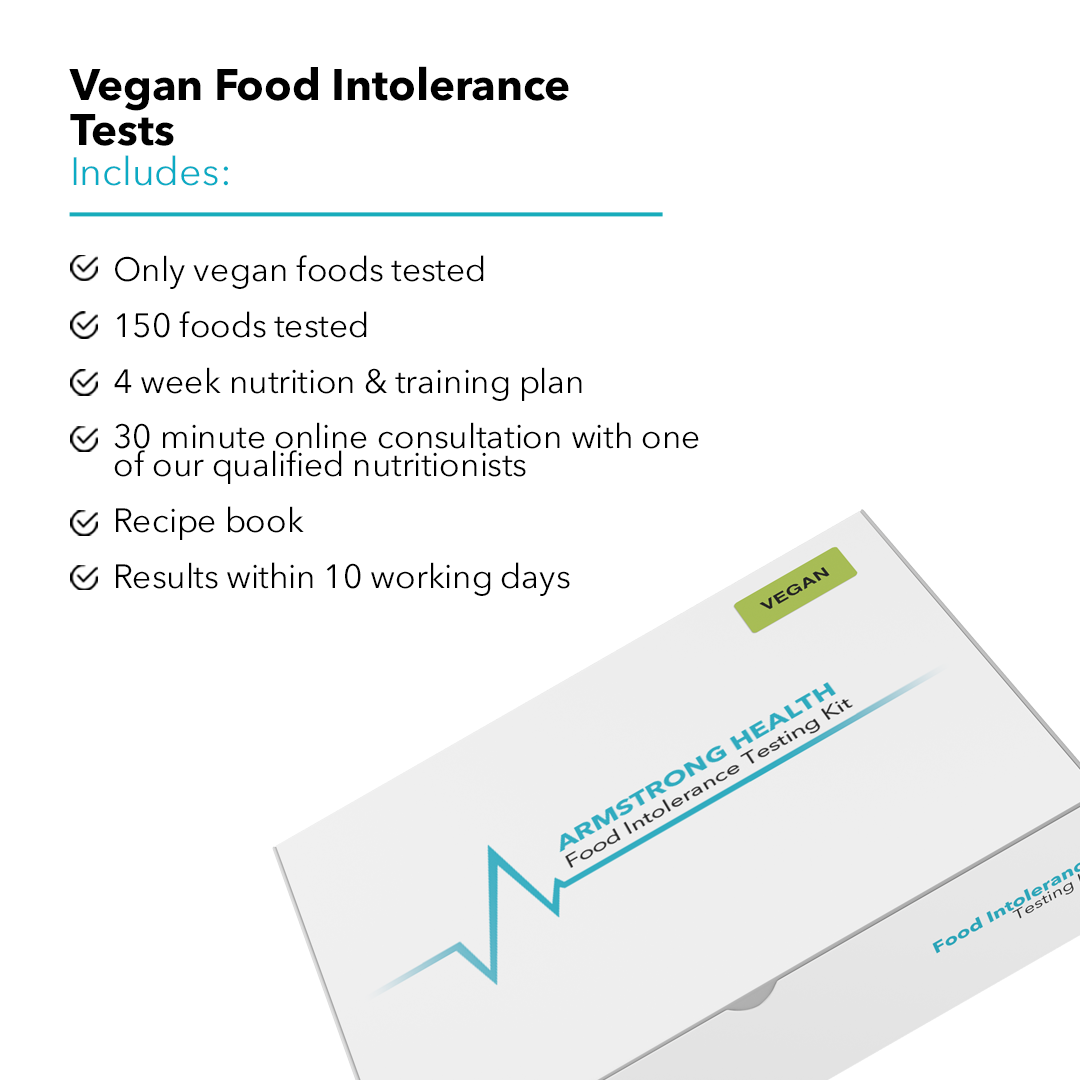Mental health is a crucial component of overall well-being, and numerous factors can influence an individual's emotional state, including their diet. One often overlooked connection is the potential link between food intolerances and mental health issues, such as anxiety, depression, and cognitive difficulties.
By identifying and addressing food sensitivities through food intolerance testing, individuals can gain essential insights to develop personalised nutrition and lifestyle strategies aimed at enhancing mental wellness and overall well-being. Armstrong Health offers comprehensive food intolerance and sensitivity tests, providing valuable information about your unique dietary triggers that may be impacting your mental health.
Food intolerances can affect mental well-being through mechanisms like inflammation, nutrient malabsorption, and gut health disturbances. These factors can potentially lead to or exacerbate existing mental health issues. Comprehensive food intolerance testing can help uncover these dietary triggers, allowing individuals to address problematic foods and make more informed decisions about their nutrition and lifestyle choices to promote better mental well-being.
The Connection Between Food Intolerances and Mental Health
Exploring the potential link between food intolerances and mental health offers valuable insights for individuals seeking to enhance their emotional well-being. Several factors that may contribute to this connection include:
- Inflammation: Food sensitivities can provoke inflammation, which has been linked to the development or worsening of mental health disorders such as depression and anxiety
- Nutrient malabsorption: Food intolerances may lead to poor absorption of essential nutrients, which can contribute to mental health issues by disrupting neurotransmitter production and overall brain function
- Gut health disturbances: An imbalance in gut bacteria, which can be influenced by food intolerances, has been associated with various mental health disorders, including anxiety and depression
Understanding and addressing food intolerances can provide necessary knowledge to design personalised nutrition and lifestyle plans for optimal mental well-being.
Comprehensive Food Intolerance Testing for Mental Health Improvement
Armstrong Health offers in-depth food intolerance and sensitivity testing services designed to help individuals uncover the unique dietary triggers that may be impacting their mental well-being. By employing a simple blood sample, individuals can receive detailed results, enabling them to make well-informed decisions about their dietary choices and mental wellness strategies.
By understanding your unique food sensitivities, you can create tailored nutrition plans aimed at managing their impact on your mental health, ultimately promoting a sense of balance and emotional well-being.
Personalised Nutrition Strategies for Enhanced Mental Health and Wellness
Armed with the insights from comprehensive food intolerance testing, consider implementing the following recommendations into your tailored mental health and wellness nutrition plan:
- Eliminate or reduce trigger foods: Remove or limit the consumption of identified food sensitivities to minimise inflammation, poor nutrient absorption, and potential disruption to gut health
- Nutrient-dense foods: Focus on whole, unprocessed foods rich in nutrients and known to support mental health, such as omega-3 fatty acids from fatty fish and walnuts, B vitamins from leafy greens, and antioxidants from berries
- Probiotic and prebiotic foods: Incorporate foods that support a healthy gut microbiome, such as yoghurt, kefir, and fermented vegetables, as well as fibre-rich plants to nourish beneficial bacteria
- Hydration: Ensuring proper hydration is essential for optimal brain function, and dehydration can negatively affect mental health
Adopting a personalised nutrition strategy that targets food intolerances and supports mental health can contribute to better emotional well-being and overall wellness.
Additional Lifestyle Strategies for Mental Health and Wellness
Complementing food intolerance testing and personalised nutrition with a well-rounded lifestyle can further support mental health and wellness:
- Stress management: Implement stress reduction techniques, such as mindfulness meditation, deep breathing exercises, or gentle yoga, to help alleviate anxiety and support overall mental health
- Prioritise sleep: Establishing a consistent sleep schedule, creating a relaxing bedtime routine, and maintaining a sleep-friendly environment can contribute to improved mental well-being
- Exercise: Regular physical activity has been shown to promote mental health by reducing stress, anxiety, and depression symptoms, as well as improving cognitive function and overall mood
- Seek professional guidance: Consult with healthcare professionals, including psychologists and nutritionists, for personalised advice on mental health and wellness
Integrating food intolerance testing, personalised nutrition, and a comprehensive lifestyle approach to mental health and wellness can empower individuals to take control of their mental well-being, reducing the impact of mental health challenges on their daily lives.
Embrace Food Intolerance Testing and Personalised Nutrition for Mental Health and Wellness Success
Recognising the potential connection between food intolerances and mental health offers individuals valuable insights and tools to address the underlying triggers contributing to mental health challenges.
With comprehensive food intolerance testing provided by Armstrong Health, you can uncover the dietary factors affecting your mental well-being and create personalised plans to enhance your emotional balance and overall health. Contact us today for more information!




